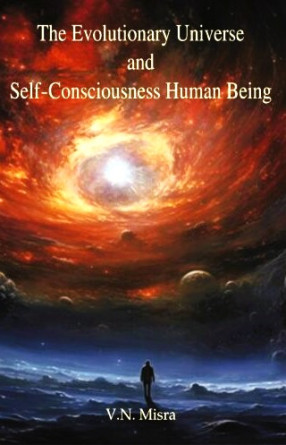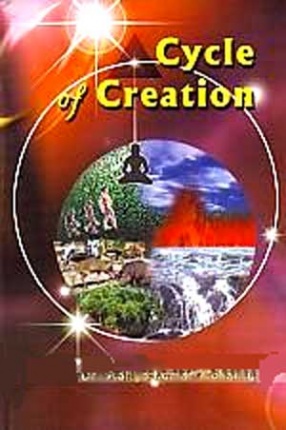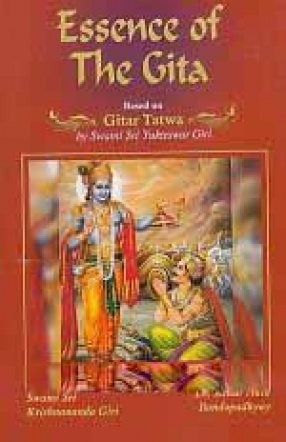The Evolutionary Universe and Self-Consciosness Human Being
Contents: Preface. Introduction. 1. Are Particles Conscious? 2. Space and Time. 3. Thought as the Source of Nature and Quantum Physics. 4. Substantiality and Causality. 5. Continuity. Epilogue. Bibliography. Index.
The book elucidates scientifically and philosophically the beginning of the evolutionary universe (brahmanda) and the intellectual growth of self-conscious human being (pinda), the former is out there and the latter is out here. Without the latter, the former is difficult to be perceived or known. Going by the scientific cosmology, this universe came into form about 14-13.7 billion years ago as a result of Big Bang and has undergone perpetual changes including life on earth some 3.9 billion years ago. Man s self-conscious evolution is driven by his intellectual growth and philosophical wisdom. It has been studied both from the Indian and Western philosophic perspectives. The philosophical wisdom in this regard is in sync with many modern scientific concepts. The Samkhya Yoga philosophy is embodied with the concepts of sattva, rajas and tamas. These three are in a sense comparable to the proton, the electron and the neutron of modern science. The proton provides the coalescence or the form of the atom; the electron gives us energy and proton provides the mass. Some other Indian philosophical systems like Vaisesika, Advaita Vedanta and Bauddha are replete with similar scientific approaches. So also are the studies of Western philosophers like Immanuel Kant, David Hume, Niels Bohr and David Bohm. All the things are happening within the time and space.
Get it now and save 10%
BECOME A MEMBER







Bibliographic information